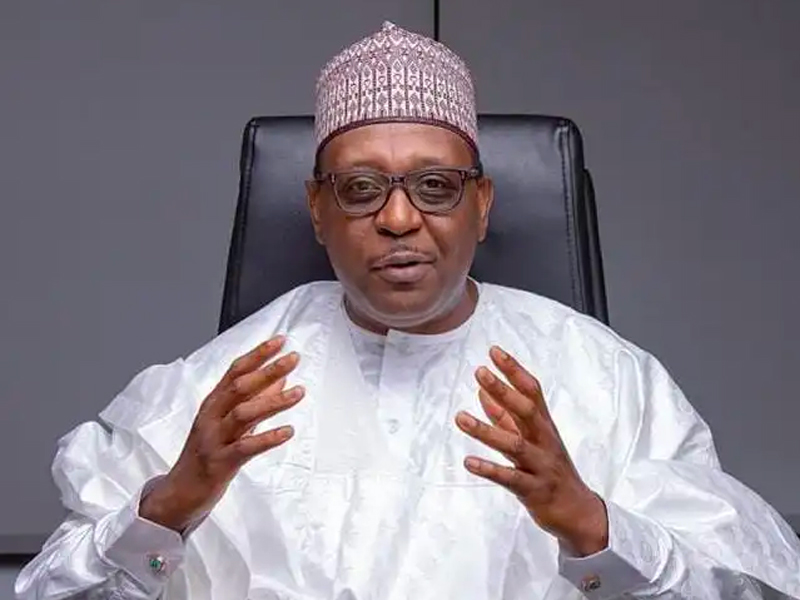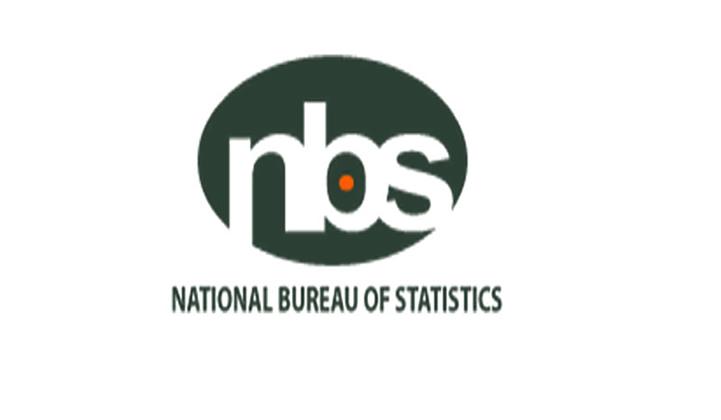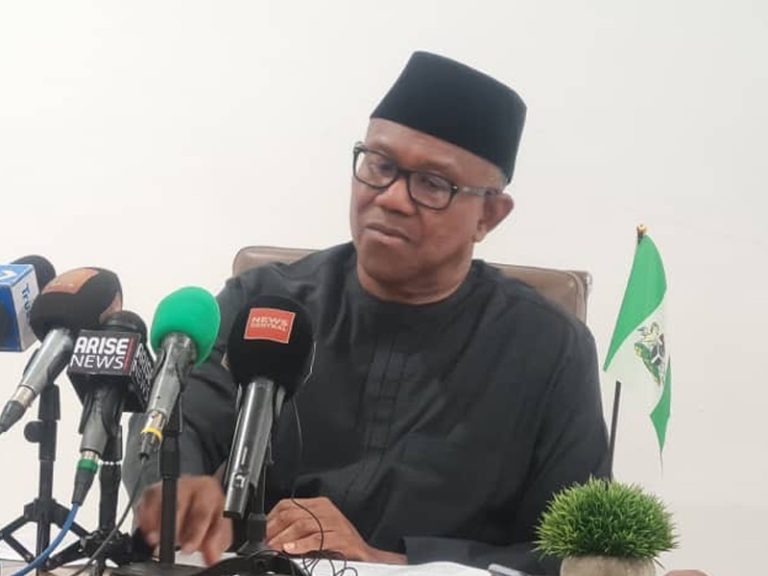
The federal government, through the Federal Ministry of Health and Social Welfare has mobilised key stakeholders to address the growing threat of lead poisoning in the country.
It inaugurated the National Interagency Working Group on Lead Poisoning Elimination in Nigeria on Tuesday.
Coordinating Minister of Health and Social Welfare, Professor Muhammad Ali Pate, who represented by the Ministry’s Permanent Secretary, Daju Kachollom, at the opening of a two-day workshop in Abuja on the finalisation and validation of the Five-Year National Strategic Plan on Lead Poisoning Elimination described the inauguration as a historic milestone in safeguarding public health.
The minister underscored the urgency of the government’s response.
“Lead poisoning is not just an environmental concern; it is a public health crisis that silently erodes the well-being of our children, causing irreversible damage to their developing brains and nervous systems,” Pate said. “For adults, it contributes to hypertension, kidney dysfunction, and reproductive challenges.”
Nigeria has witnessed devastating outbreaks of lead poisoning, notably in Zamfara State in 2010, where over 400 children died and several others disabled and in Niger State in 2015. More recently, in 2024, fresh cases were reported in Zamfara and Sokoto States.
In a bid to combat the crisis, Pate said the Ministry has provided laboratory equipment such as lead care machines and spectrophotometers, supported treatment with chelation therapy in collaboration with MédecinsSans Frontières (MSF), enhanced active surveillance, and conducted soil remediation and community education.
He explained that the newly inaugurated working group will serve as a national platform to harmonise strategies, strengthen surveillance, and advance evidence-based interventions.
According to the minister, the mandate of group includes assessing lead exposure, reviewing policies, building health worker capacity, and recommending sustainable financing for long-term solutions.
He stressed that eliminating lead poisoning requires a multisectoralapproach, involving the Federal Ministries of Environment, Solid Minerals Development, Steel Development, Agriculture, Water Resources, critical regulatory agencies such as NESREA, NAFDAC, SON, as well as civil society, academia, and development partners including UNICEF, WHO, Resolve to Save Lives, and MSF.
“Our collective priority is prevention, ensuring that our environment, crops, homes, workplaces, and water sources are free from lead contamination,” Prof. Pate declared. “The lives and future of millions of Nigerian children depend on our collective efforts.”
Also, Director Epidemiology Division/National Coordinator Lead Elimination Programme (Public Health Department FMoHSW); Mrs. Adegbite Olufunmilola outlined next steps in the country’s strategy to tackle lead poisoning.
Onyebuchi Ezigbo



